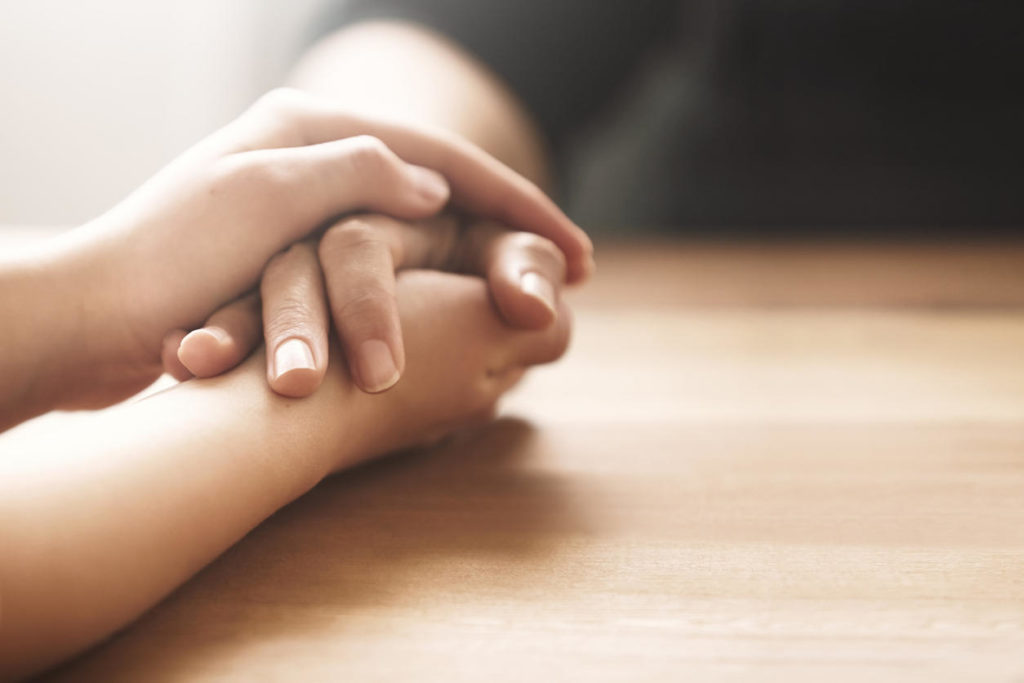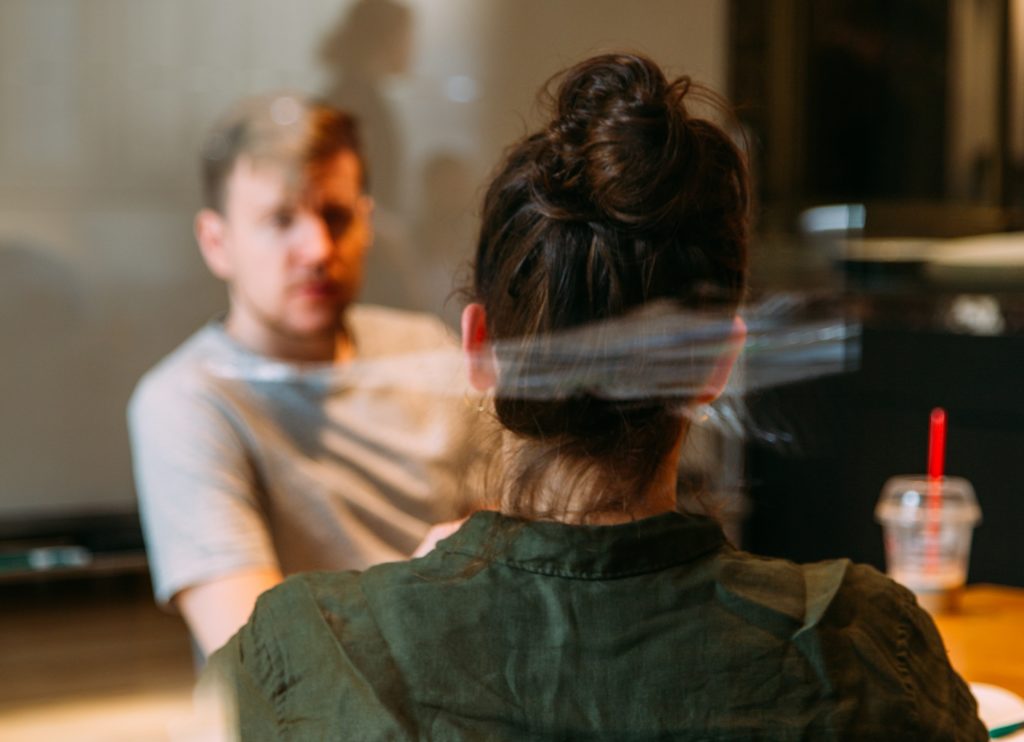Posted August 06th 2019
I was diagnosed with Bipolar in 2003, which led me to be sectioned in a mental health hospital for a month to recover from a major psychotic episode, which saved my life.
I thought I had special powers and the ability to stop a train which sent alarm bells to my manager at the time.
I was in a state of euphoria and, luckily for me, my boss spotted the signs and called my parents to pick me up and take me to the doctors.
I was in the hospital for a month to recover and get better. When I was discharged I had slumped into a state of depression and couldn’t cope on my own so had to go and live with my parents at the age of 32.
I spent two weeks in bed, not eating, washing and just staring out the window at a tree. I am 5’10” and I went down to a size 6.

Like a black cloak
My mum came to my bed every night and spoke encouraging words to try and lift me out of the black hole I was in. The only way I can describe this feeling is that it felt like a black cloak had been pulled over my head.
I had no emotions or thoughts apart from wanting to end my life again. I remained in this state for 10 months and didn’t leave the house within this period.
My parents watched me constantly as they were so worried about what I might do.
Eventually, my wellbeing improved and I returned to work only to be treated like an alien and everyone avoided me. I left work shortly afterwards as I felt inferior and unhappy.

My time in hospital
I have subsequently experienced numerous episodes, of psychosis mainly, where I have been hospitalised over the last 15 years and every episode is different. Being in a state of psychosis is frightening and my paranoia has reached terrifying heights.
Often, I’ve felt that I am being watched and bugged by some unknown entity that is after me, and have experienced hallucinations that have scared me out of my wits.
I have also had extreme highs again and ordered limos to go to expensive restaurants along with spending £5,000 on one of my credit cards.
When you are in that manic episode you think anything is possible and are extremely unpredictable.
I think the worst episode was when I was in Section 136, which is a secure confined room. The hospital ward didn’t have any beds and offered me a bed which was a three-hour round trip away from my family.
When I declined I remained in solitary confinement for three days this made my mental health worse and I became suicidal in hospital. If it wasn’t for the constant support of my partner and family I don’t know how I would have got through it.
Moving forward
I now have a great insight into my condition so when I have an episode it doesn’t take me long now to recover. Rather than take all that has happened to me as a negative situation I have turned it around into something positive to help and educate people about mental health.

I am extremely passionate about helping to reduce stigma and stop discrimination.
I truly believe if people share their stories and don’t suffer in silence the world would be a better please and people will realise they are not alone.
I do a lot of voluntary work to raise awareness and complete talks in schools, universities and companies. I have also recently completed a training video for Essex Police to help police with understanding mental health and what to look for.
I have set up a website which I know is very basic but a starting platform for people to share stories: Heads2Minds.
I am also a MIND media volunteer and have recently just completed the seven-day Mental Health First Aid Instructor course with a view to delivering the MHFA two day course in my workplace and also other companies.
This course really helped me as I have experienced a lot of what was talked about on the course so had a great understanding and empathy of what to expect. I now have the necessary tools to deliver the course and also to help people with their concerns.
This is so needed in the workplace as if Mental Health First Aiders are in place this could prevent some-one going off sick and also help their wellbeing.
I don’t know what the future holds and can’t worry about whether I will have another episode or not. I just concentrate on my wellbeing and maintain a healthy and stress-free lifestyle. Doing mindfulness and meditation and walking with the dogs has really helped and long may this continue.
Read more
- Heads2Minds
- Mind Charity
- NCMH Conditions we study: Bipolar Disorder
- Bipolar Education Programme Cymru – BEPC
Sign up now and receive new blog posts to your inbox.
